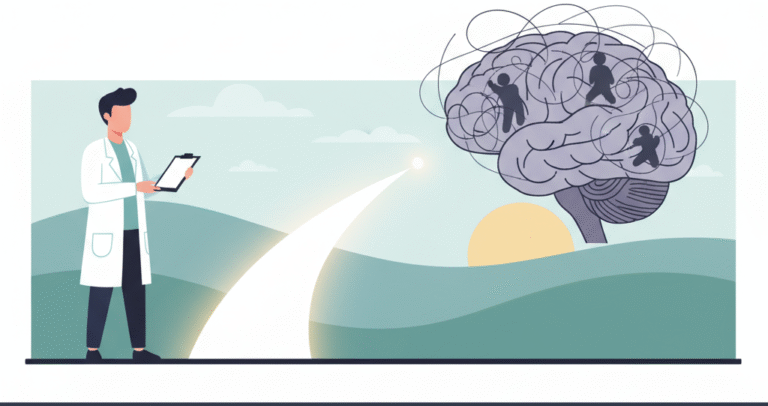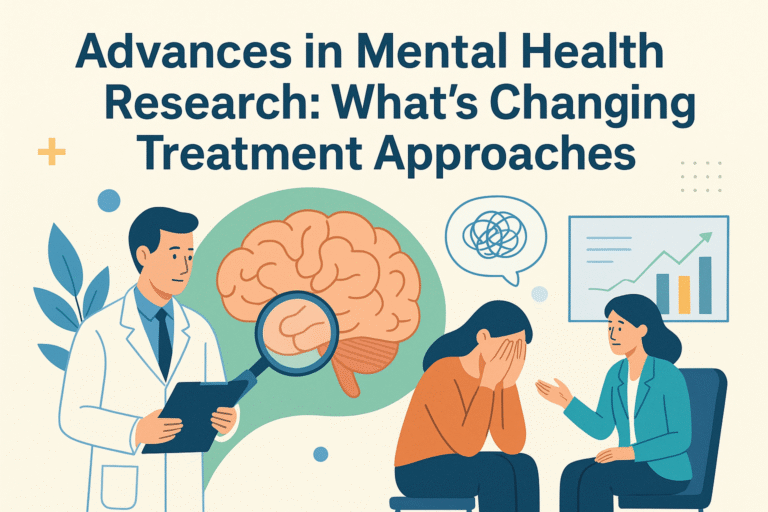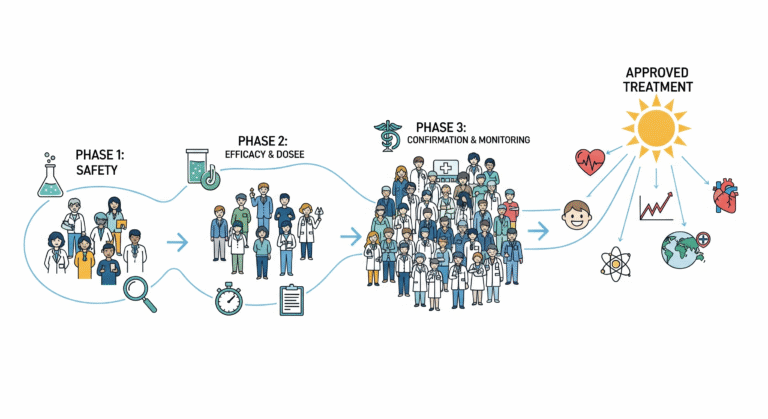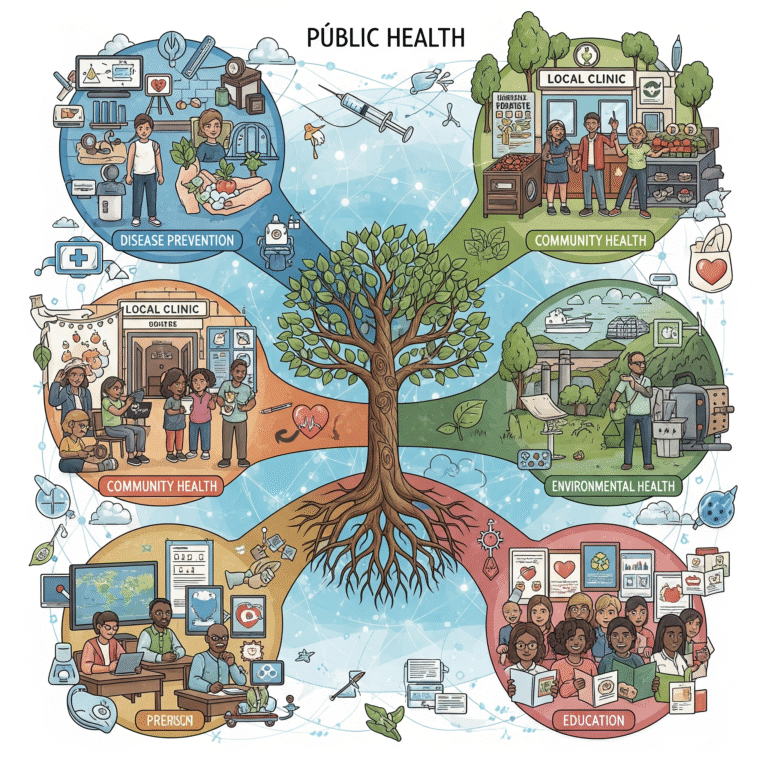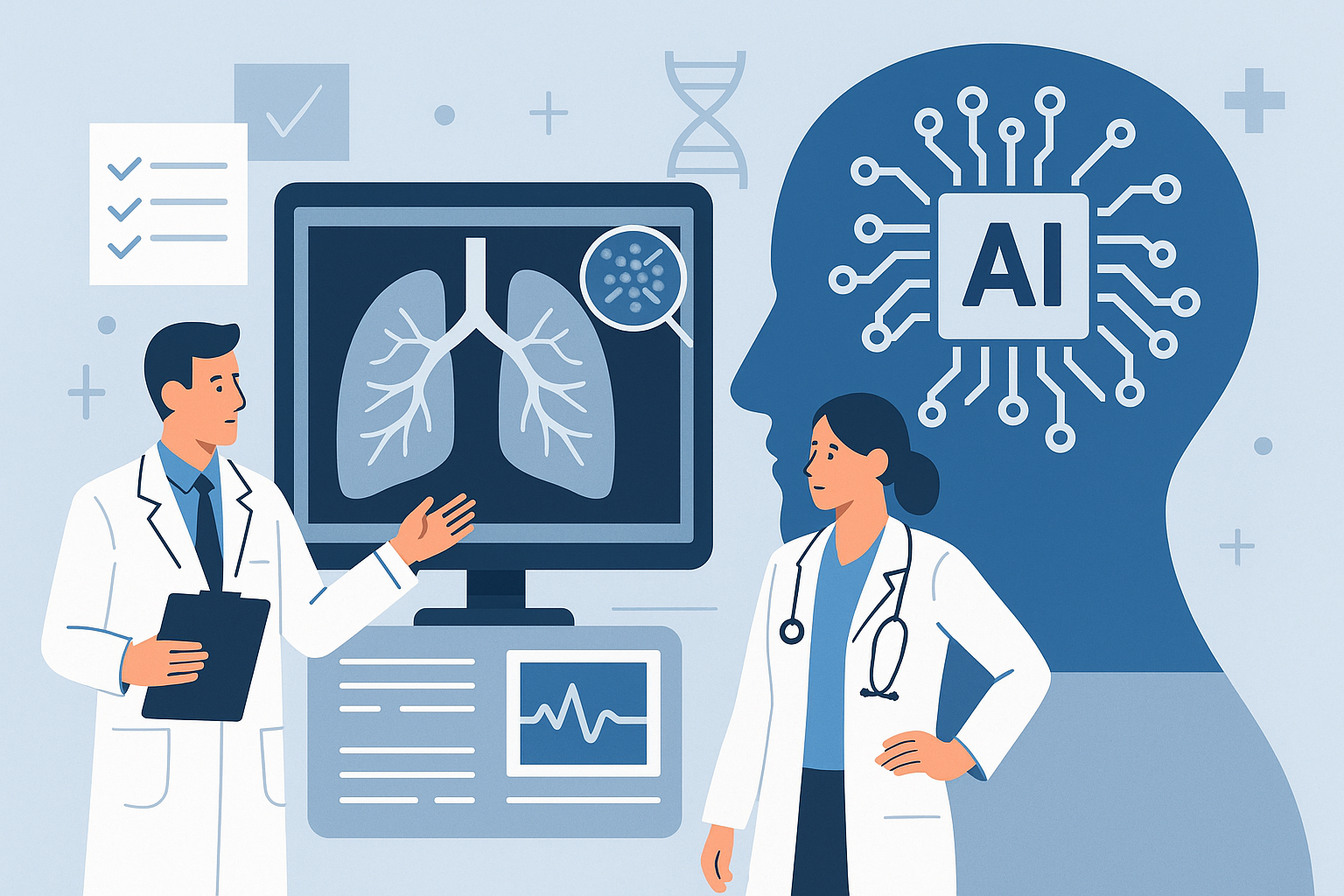
The Role of AI in Healthcare
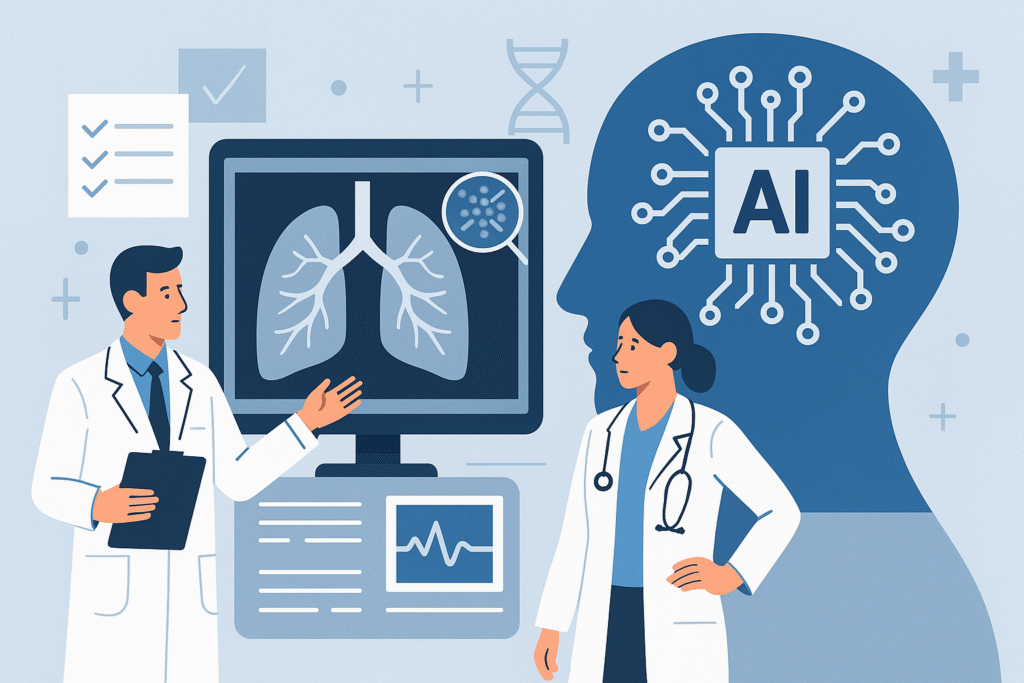
The Role of AI in Healthcare
Artificial Intelligence (AI) is rapidly transforming the healthcare industry, offering innovative solutions that improve patient outcomes, enhance efficiency, and reduce costs. From early disease detection to personalized treatment plans, AI is reshaping the way healthcare is delivered and experienced.
1.Early Diagnosis and Disease Detection
AI-powered tools can analyze vast amounts of medical data, including imaging scans, lab results, and patient histories, to detect diseases at an early stage. For instance, AI algorithms in radiology can identify tumors, fractures, or abnormalities with accuracy comparable to—or sometimes exceeding—human experts. Early diagnosis improves survival rates and reduces treatment costs.
2.Personalized Medicine
Traditional medicine often applies “one-size-fits-all” treatments. AI, however, enables personalized care by analyzing genetic data, lifestyle habits, and medical records to tailor therapies to individual patients. This approach is particularly valuable in oncology, where AI helps predict how a patient might respond to specific treatments
3.Virtual Health Assistants and Chatbots
AI-driven virtual assistants are revolutionizing patient engagement. These tools provide 24/7 medical advice, schedule appointments, send medication reminders, and answer health-related questions. This not only improves patient satisfaction but also reduces the workload on healthcare professionals.
4.Drug Discovery and Development
AI accelerates the process of drug discovery by analyzing millions of chemical compounds and predicting their effectiveness against specific diseases. This significantly reduces the time and cost of bringing new drugs to market—a critical advantage in responding to emerging health crises such as pandemics.
5.Hospital Operations and Efficiency
Beyond direct patient care, AI optimizes hospital management. From predicting patient admission rates to managing supply chains and automating administrative tasks, AI reduces inefficiencies and allows medical staff to focus more on clinical duties.
6.Remote Monitoring and Telemedicine
Wearable devices integrated with AI can track vital signs such as heart rate, blood pressure, and glucose levels in real time. This data is analyzed instantly, allowing doctors to monitor patients remotely and intervene early if irregularities are detected. Telemedicine platforms powered by AI also bridge the gap for patients in rural or underserved areas.
Challenges and Ethical Considerations
Despite its vast potential, the use of AI in healthcare faces several challenges and ethical concerns. Patient data privacy and security remain major issues, as AI relies on sensitive medical information that could be at risk of breaches or misuse if not properly safeguarded. Bias in AI algorithms is another concern, since models trained on incomplete or unrepresentative data may lead to inaccurate diagnoses or unequal treatment across different populations. Transparency is also critical, as many AI systems operate like “black boxes,” making it difficult for doctors and patients to understand how decisions are made, which can affect trust and accountability. In addition, the lack of clear regulations and legal frameworks raises questions about responsibility when AI makes errors, while high implementation costs may widen the gap between advanced and resource-limited healthcare systems. These concerns extend beyond hospitals into medical research and analysis, where the ethical use of large patient datasets, informed consent, and equitable access to AI-driven discoveries must be carefully managed. Finally, there are concerns about the potential impact on the healthcare workforce, highlighting the need to ensure AI is used responsibly to support rather than replace medical professionals.
Conclusion
AI is not here to replace healthcare professionals but to empower them. By handling complex data analysis, streamlining workflows, and supporting clinical decisions, AI allows doctors and nurses to spend more time on patient-centered care. With continued innovation and ethical practices, AI has the potential to revolutionize healthcare, making it more accessible, accurate, and efficient than ever before.

